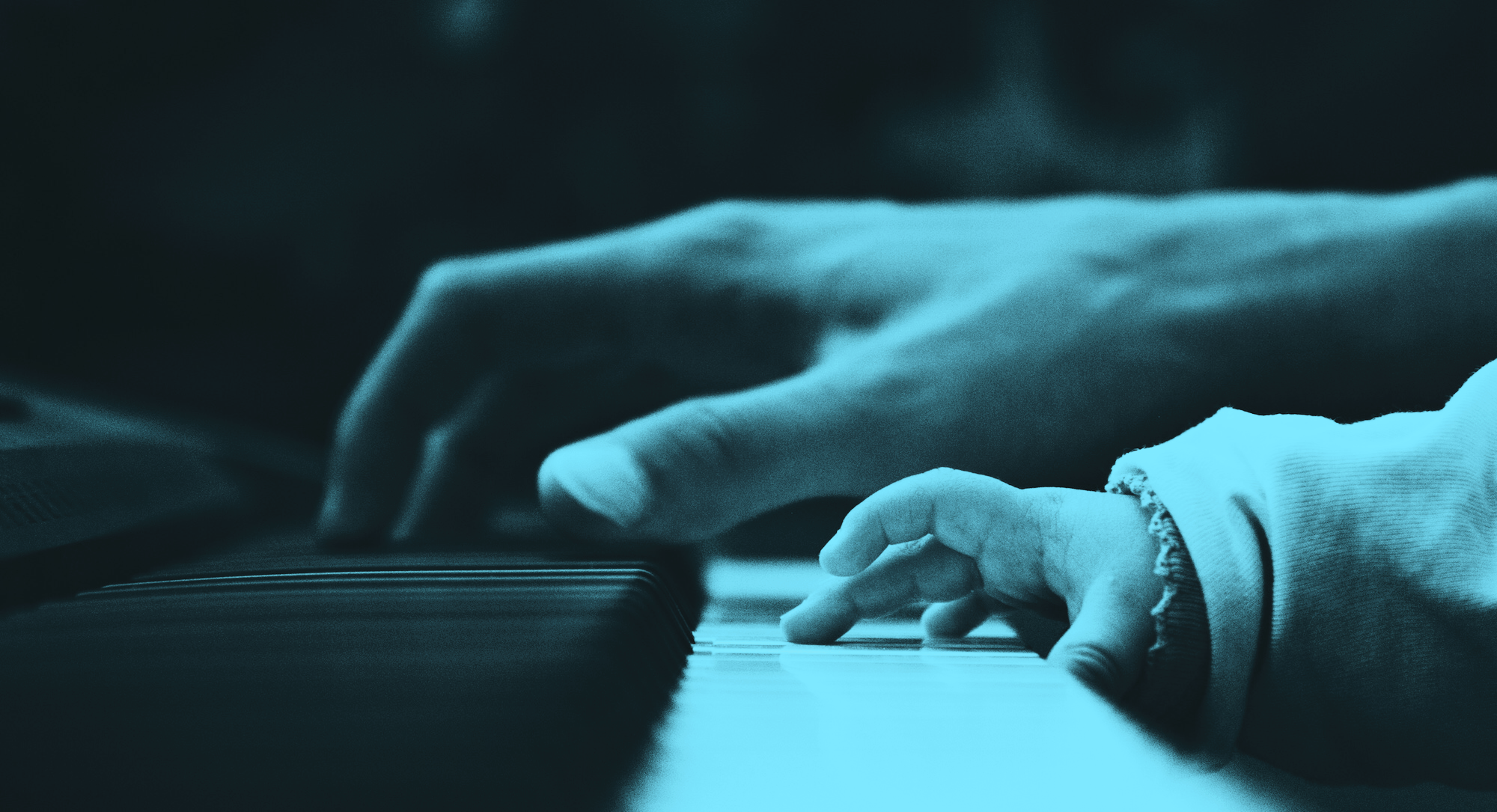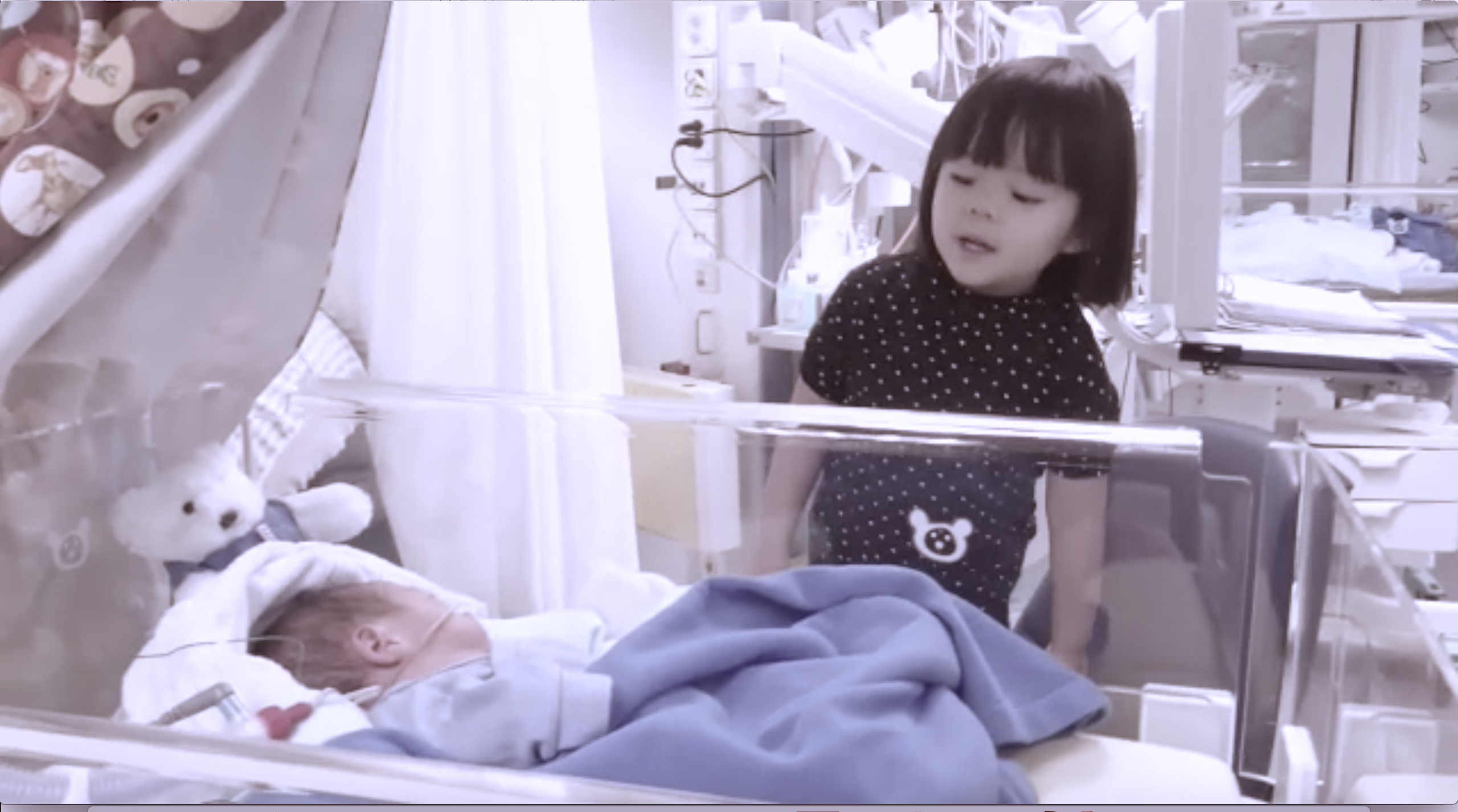Born to Climb – When Life Begins with a Tour de France Ascent

A closer look at the extraordinary energy needs in neonatal care – this is the English version of a previously published post with similar content
When we think of the Tour de France, we picture elite athletes, extreme physical performance – and enormous calorie consumption. Riders may burn up to 9,000 kilocalories per day during intense stages, which equals roughly 100–110 kcal per kilogram of body weight.
What may surprise many: Preterm infants in the NICU often require even more – typically 120 to 140 kcal/kg/day, or around 25% more than a Tour de France cyclist.
This striking comparison was developed by UK neonatologist Prof. Nicholas Embleton, who has spent years researching nutrition and brain development in preterm infants. In a recent presentation, he used Egan Bernal, Tour de France winner, to illustrate a powerful point: preterm infants achieve extraordinary things – even if they don't appear to be «training».

Born to climb – Egan Bernal (winner Tour de France 2019) vs. preterm infant in the NICU | © Nick Embleton 2024
Why such high needs? – The brain's energy demand
The human brain is an energy powerhouse. In term infants, it accounts for about 50% of total energy expenditure. During early childhood, this climbs to 60–80%, before decreasing to around 20% in adulthood (Kuzawa et al., 2014).
For preterm infants, exact figures are hard to determine – direct measurements of energy expenditure (EE) are technically and ethically difficult. Still, experts agree: a significant proportion of energy intake goes to brain development during this critical phase of growth and neural wiring.

«We estimate that preterm babies need at least 25% more energy than elite cyclists during the Tour — and much of it fuels the developing brain.»
PROF. NICHOLAS EMBLETON,
NEONATAL PAEDIATRICIAN, UK
Why calories matter – nutrition and neurodevelopment
Insufficient energy intake in the first weeks of life can negatively impact brain development, with long-term consequences for cognition, motor function, and emotional regulation. In a recent position paper from the ESPGHAN working group (Embleton et al., 2023), Prof. Embleton and colleagues emphasize the importance of meeting or exceeding daily energy targets – particularly during the early neonatal period.
miles4amiamusica – Moving for those who can't move yet
Through miles4amiamusica, we symbolically support this invisible effort. We collect kilometres – by bike, on foot, swimming, skating – and raise awareness and funds for music therapy in neonatal care, since music is an incredible input for the preterm brain.
In 2025, we aim to raise CHF 25,000 by September 30, showing solidarity with those who spend every calorie fighting to grow and thrive. The highlight: A ride on 13.09.2025 at the Zurich premature baby festival – in new amiamusica jerseys and great T-shirts for children in the new amiamusica design.
Because sometimes, what they need isn't just calories: they need connection, music, and our collective care.
Every donation makes a difference – for the music, for the tiniest lives, for a brighter beginning.
With the 2025 fundraising campaign, we aim to raise funds to:
-
set selected songs from the Octopus Songbook to music,
-
develop a health app for and with parents of premature and at-risk infants (RESONATE),
-
establish parent-child music groups (a new initiative – details coming soon).
You are transferred to the donation platform of StiftungSchweiz.











































